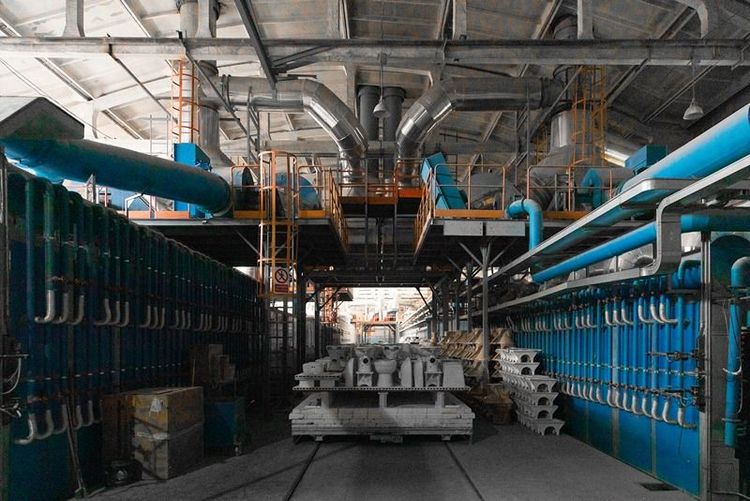Sectoral impact
The PLI scheme spans multiple sectors, including electronics, pharmaceuticals, automotive, and textiles. Each industry has unique challenges and opportunities, and the scheme's tailored incentives help address specific needs. For instance, in the electronics sector, the scheme has led to establishment of several manufacturing units, reducing the import of electronic components and boosting local production. The automotive industry has seen a push towards manufacturing electric vehicles (EVs) and their components, aligning with global trends towards sustainable transportation.
Case studies of MSME success
Several MSMEs have thrived under the PLI scheme, showcasing its potential to transform businesses. For example, a small electronics manufacturer in Bengaluru reported a 50% increase in production capacity and a 30% rise in revenue within a year of availing of the scheme's benefits. Similarly, a pharmaceutical MSME in Hyderabad expanded its product line and entered new markets, thanks to the financial support and incentives provided by the scheme.
Sectors benefited
Achievements
Reduction in pharma raw material imports
Import substitution in telecom
Increase in drone sector turnover
Conclusion
The PLI scheme has undoubtedly empowered MSMEs, driving growth, investment, and job creation. By fostering a conducive environment for manufacturing, the scheme is helping MSMEs scale new heights and contribute significantly to the Indian economy. As the scheme continues to evolve, its sustained success will depend on addressing existing challenges and ensuring inclusive growth for all MSMEs. The continued focus on enhancing the scheme's accessibility and efficiency will be critical to unlocking its full potential, thereby reinforcing the backbone of India's manufacturing sector.






 +91 7208055523
+91 7208055523
 Help & support
Help & support
